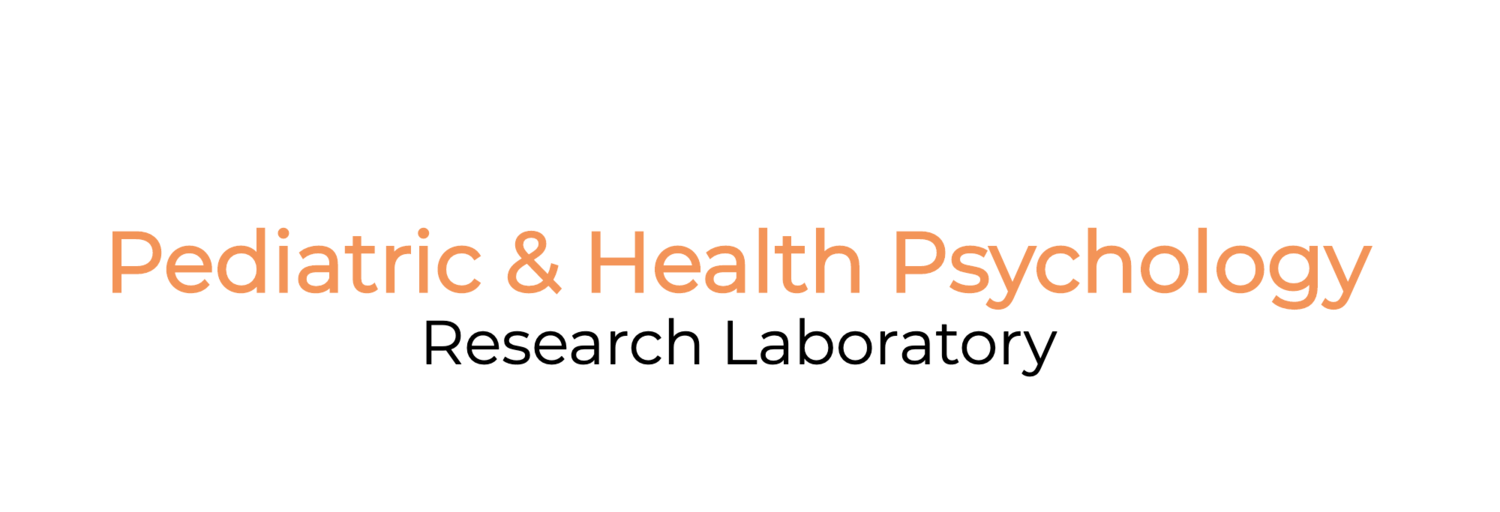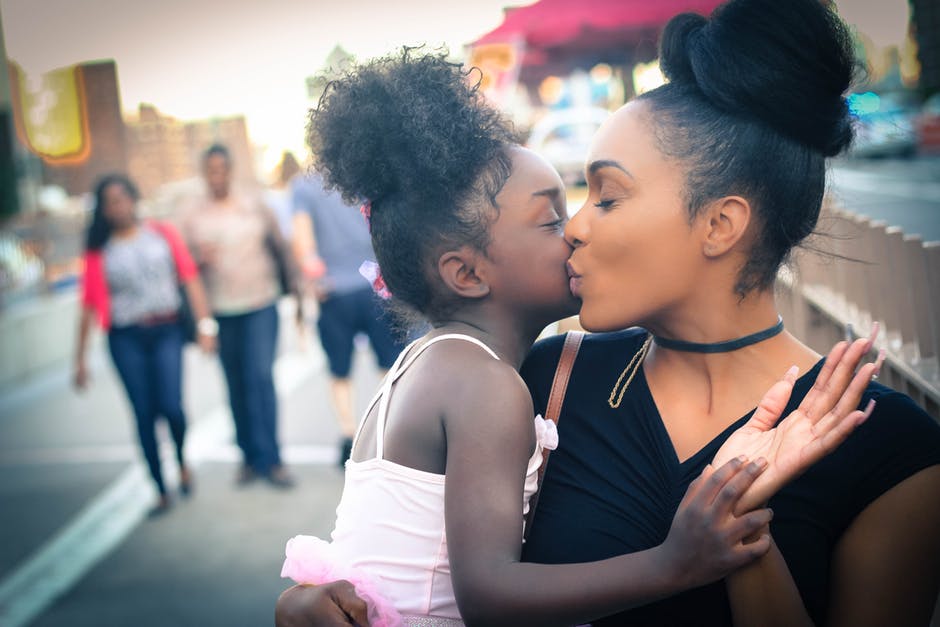Collaborators: John M. Chaney, Ph.D.
Ashley Clawson, Ph.D.
The goal of this project is to examine psychosocial functioning and adjustment outcomes in college students with a wide variety of chronic illnesses, including asthma, allergies, Type 1 diabetes, and epilepsy, among others. Young adult college students with a chronic illness experience a multitude of stressors, including the transition of health care responsibilities from the parent to the young adult in addition to the typical stress of going away to college and establishing new social support systems. This study seeks to examine the complex ways in which having a chronic illness as a college student can affect a number of outcomes such as depression, anxiety, health care management and self-efficacy, and health-related quality of life. Additionally, this study seeks to provide a preliminary investigation of novel predictors of risk and resiliency in chronic illness populations such as the impact of various positive psychology factors, including grit, and cognitive appraisals such as illness-related stigma. This study has yielded a number of publications (1, 2, 3, 4, 5) furthering our understanding of illness-related distress in young adults.
Collaborators: Carrick Cater, Psy.D. and Rene McNall, M.D. at OUHSC
Sunnye Mayes, PhD. at University of Louisville
This project involves the assessment of multiple cognitive appraisal variables and their relationship to adjustment outcomes in children newly diagnosed with cancer and their parents. This study has been an ongoing project run out of Oklahoma University Health Sciences Center (OUHSC)’s Jimmy Everest Center, with more than 5 years’ worth of data collection already completed. It seeks to provide a better understanding of the multitude of psychosocial implications of having a child newly diagnosed with cancer, as well as being a child newly diagnosed with cancer. Relevant Publications: 1, 2, 3
Collaborators: Amy Cherry, PhD at OUHSC,
Michael Johnson, MD at The Children’s Center
Tami McMichael, APRN at The Children’s Center
This project is a longitudinal study of parent psychosocial adjustment during a child’s admission to a pediatric medical rehabilitation hospital. Children admitted to a pediatric medical rehabilitation hospital have conditions which are typically the result of traumatic, life threatening events (e.g., traumatic brain injuries, spinal cord injuries), or other dangerous and debilitating conditions (e.g., stroke, cancer, burns, orthopedic injuries). Previous research indicates that these parents and children are at increased risk for depression, anxiety, and posttraumatic stress symptoms, though there is a paucity of research on modifiable risk factors or clinical interventions in this population. This study seeks to understand risk and resilience factors which affect parent psychosocial adjustment. This project is a collaboration between Oklahoma State University, OU Health Sciences Center, and The Children’s Center Rehabilitation Hospital.




Co-PI: Amy B. Wisniewski, Ph.D. at OUHSC
Collaborators: The DSD Consortium
This study is a prospective, longitudinal, NIH-funded, multi-site R01 currently centered at Oklahoma State University. It is the result of a longstanding collaboration between Dr. Amy Wisniewski and Dr. Mullins. The purpose of this study is to examine the medical and psychosocial adjustment of parents of children with DSD with ambiguous genitalia from the time of birth to five years of age. The rare nature of this set of conditions, as well as the complexity and constantly evolving nature of its medical management, has resulted in a lack of available and/or comprehensive research for this population. Thus, we aim to better assess parental adjustment (i.e., depression, anxiety, and posttraumatic stress symptoms), related psychosocial variables such as illness uncertainty, quality of life, and decisional regret, as well as medical outcomes following surgical intervention, and perceptions of the quality of surgical outcomes. This study is in year five of implementation and has yielded several publications (1, 2, 3, 4, 5, 6, 7, 8) which characterize adjustment for parents of children with a DSD over the first year following diagnosis.